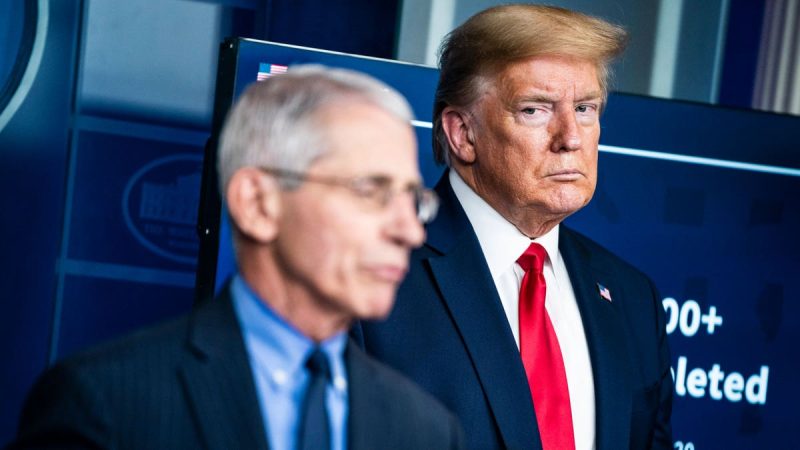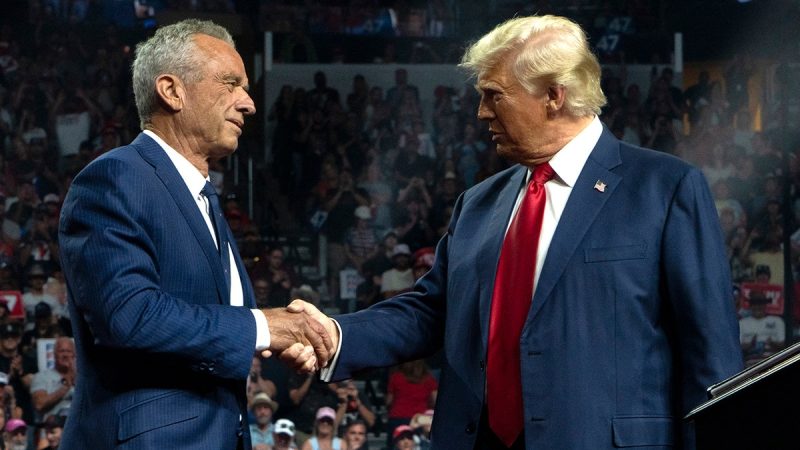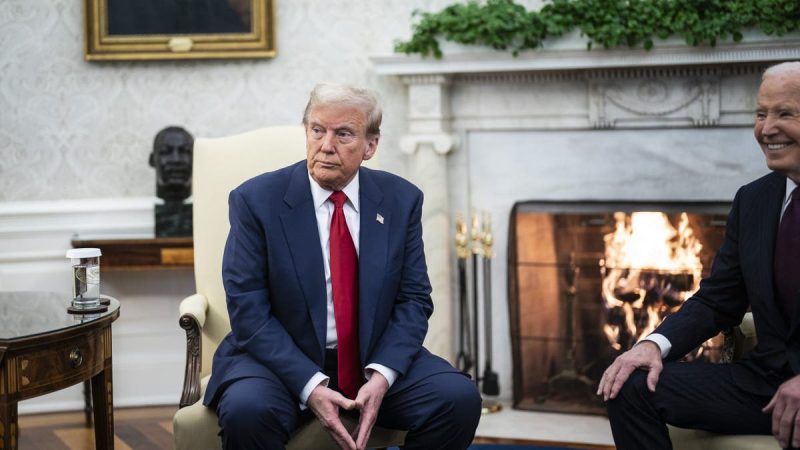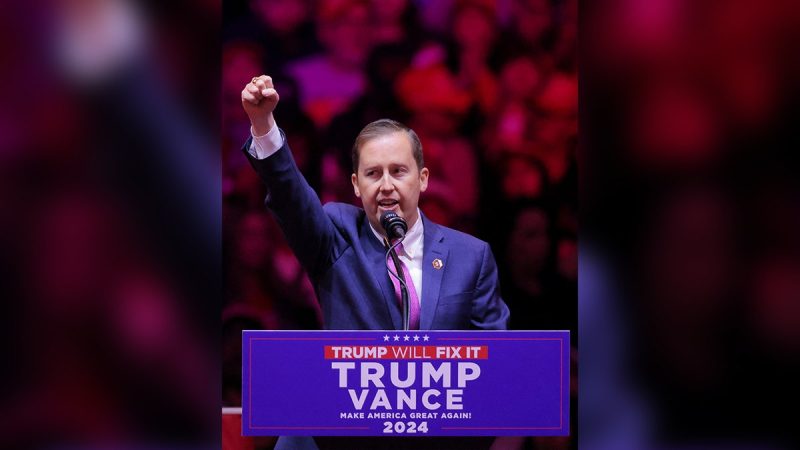RFK Jr. tapped to lead Department of Health and Human Services
President-elect Trump selected Robert F. Kennedy Jr. to lead the U.S. Department of Health and Human Services (HHS). ‘I am thrilled to announce Robert F. Kennedy Jr. as The United States Secretary of Health and Human Services (HHS). For too long,
DAVID MARCUS: Some Democrats are giving Trump a chance. Republicans, let’s meet them half way
If you ever have a chance to go to Pike Cornerstone in Arlington, Virginia for their $5 dollar wine tasting, you ought to give a shot. It was there that I met Alan, a Black professional in his late 30s
Donald Trump Jr ally Sergio Gor offered top White House personnel job: report
One of Donald Trump Jr.’s allies and business partners has reportedly been offered a key position in his father’s second term in the White House. Sergio Gor is expected to lead the Presidential Personnel Office and will be tasked with aiding




